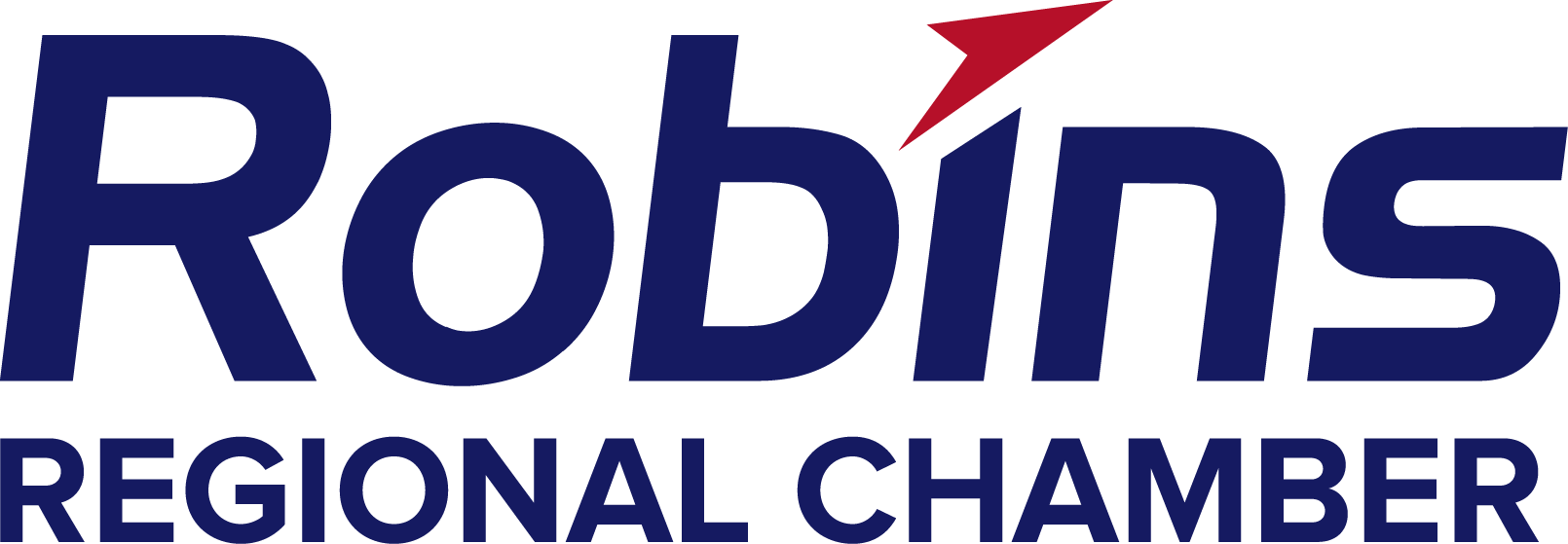Understanding Beneficial Ownership Filing: What Business Owners Need to Know

If you’re a business owner, you’ve likely heard about the Beneficial Ownership Information (BOI) filing requirements recently introduced under the Corporate Transparency Act (CTA). This new federal rule is designed to combat financial crimes like money laundering and terrorism financing by increasing transparency in business ownership. However, not all businesses are required to file, and some are exempt from these requirements. Here's what you need to know.
What Is the BOI Filing Requirement?
The BOI filing requirement, as outlined in the Corporate Transparency Act and implemented by the U.S. Department of Treasury’s Financial Crimes Enforcement Network (FinCEN), mandates that certain entities report information about their beneficial owners. Beneficial owners are individuals who:
Exercise substantial control over the entity, or
Own or control at least 25% of the ownership interests in the entity.
The BOI filings are confidential and will be accessible only to authorized government agencies and financial institutions for specific purposes.
Who Must File?
The BOI filing requirement applies to most corporations, limited liability companies (LLCs), and similar entities created or registered to do business in the United States. If your business falls into this category, you are likely required to comply with the rule.
Who Is Exempt?
While many entities are required to file, the law provides several exemptions under 31 CFR § 1010.380(c)(2). Notable exemptions include:
Large operating companies: Entities with more than 20 full-time employees, over $5 million in gross receipts or sales, and a physical office in the U.S.
Certain regulated entities: Banks, credit unions, insurance companies, and other entities already heavily regulated by federal or state authorities.
Tax-exempt organizations: Nonprofits, including 501(c)(3) organizations.
Inactive entities: Companies that were in existence for over a year before January 1, 2020, have no ongoing business activity, and meet other specific criteria.
For a complete list of exemptions, refer to the regulation directly: 31 CFR § 1010.380(c)(2).
Recent Developments: Injunction on BOI Filing
As of December 2023, the U.S. District Court for the Eastern District of Texas issued an injunction in the case National Small Business Association et al. v. Janet Yellen et al., temporarily halting the enforcement of the BOI filing requirements. This decision stems from litigation challenging the implementation of the Corporate Transparency Act. Business owners should stay informed about updates, as this injunction may delay filing deadlines or impact compliance requirements.
For more information, visit the FinCEN website’s Corporate Transparency Act page or review the court’s decision here.
What Should Business Owners Do Now?
While the injunction provides temporary relief, business owners should prepare for compliance by:
Identifying whether their business is subject to the BOI filing requirement.
Gathering information about beneficial owners, including names, dates of birth, addresses, and identification numbers.
Monitoring updates from FinCEN and other official sources for changes to the rule or deadlines.
Final Thoughts
The BOI filing requirement marks a significant shift in corporate transparency in the United States. Understanding whether your business must comply—or qualifies for an exemption—is crucial to avoid penalties. Given the current legal developments, now is an excellent time to consult a legal or compliance professional to ensure your business is ready for whatever comes next.
For more detailed guidance, visit FinCEN’s official page on the Corporate Transparency Act or speak with your legal counsel.








